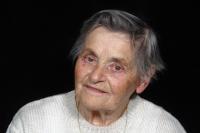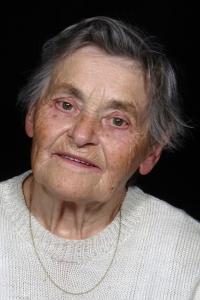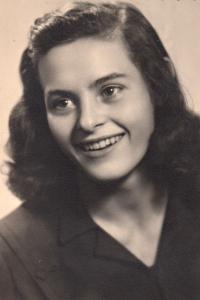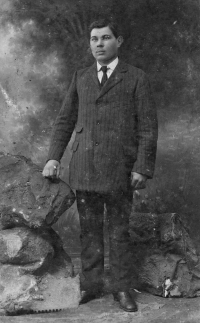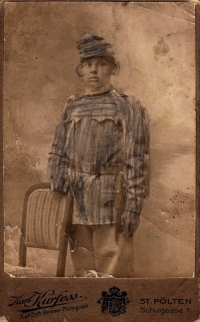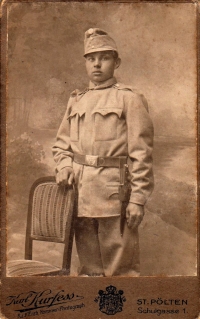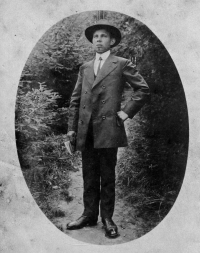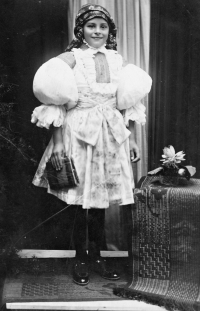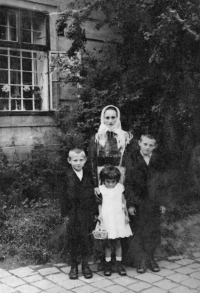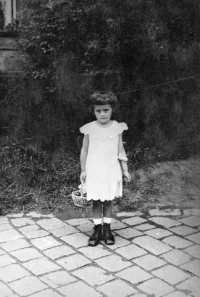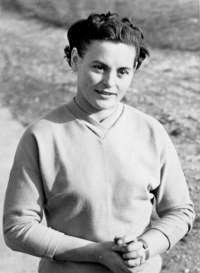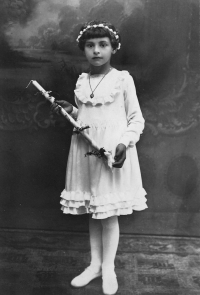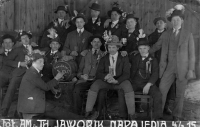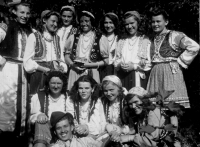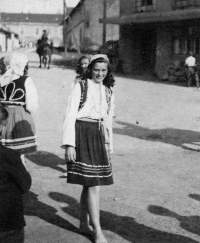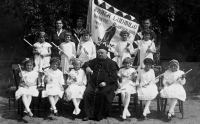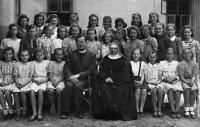Good family is the most important at any time.

Stáhnout obrázek
Marie Suchánková, née Karasová, was born on 8 February 1928 in Topolná in the district of Uherské Hradiště. She grew up in Napajedla. Her father was a shoemaker and at the same time managed a farm with two hectares of fields. In October 1944, she witnessed the events associated with the shooting of two American pilots who crash-landed at Napajedla. She experienced the liberation of the city by the Romanian troops in May 1945. Her father, an active member of the Sokol and Christian Democrats, was forced to join a single agricultural cooperative under pressure after a communist coup. Mary attended schools run by the Order of the Sisters of the Holy Cross. Since 1944 she was employed at the town hall in Napajedla. After the war, she became a member of the restored Sokol. She had two children. Since the 1960s she worked in the office of the Napajedla specialized school. He´s lived in Napajedla until today.
